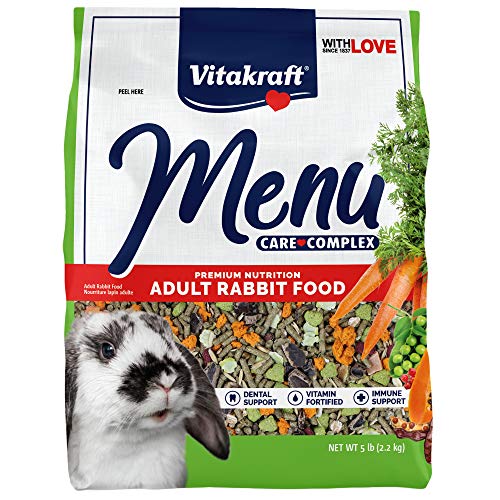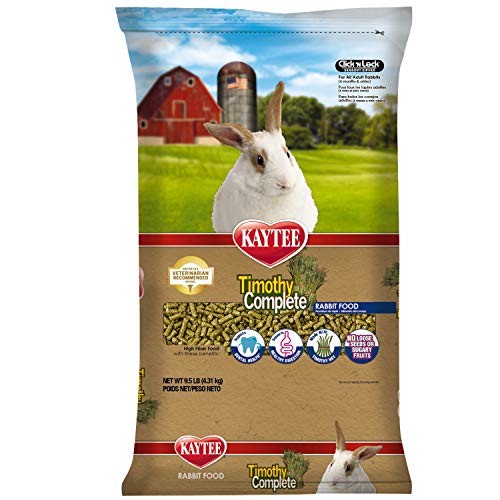NickZac
Well-Known Member
"What happens to my pet if I die?" The apprehensions of aging and companion animal ownership: a problem, a solution, and how we are ALL involved.
So my degrees and my work have concentrations in gerontology, which is the study of 'old people' (in the most rudimentary terms). A new issue in the aging community is being observed. Pet owners, shelter administrators, and planners need to be aware of as they can likely help provide a solution. The issue is, 'what happens to an older person's pet if the person dies?'
A few issues are at play. We know that having a companion animal is healthy for one's mental and physical well-being. It has a particularly positive effect for those living alone. Many older people are widowed and if they have had children, they have likely moved out. They are very likely to live alone.
Research is beginning to suggest that many older persons want a pet(s), but do not act upon this due to major apprehension over what would happen to their beloved animal if they were to die. It's known that many 'unwanted' animals are euthanized every day. This is a legitimate fear in all respects. So here we have an opportunity for the life enrichment of both a person and an animal, but a barrier that we need to consider.
The other side is that there are many other older persons who currently have pets. Many of these people will die before the pet(s) does. Some studies have suggested that this is one of the greatest fears that these people have relating to death. This is creating a new problem in the pet-fostering community as well, as it is a new and steadily growing source of foster animals. The fastest growing age cohort is the 65+, and especially the "old-old" (85+). This issue will continue to increase in scope and severity. So here we have a potential issue that also needs to be considered.
As said earlier, the research on this topic is relatively new. Subsequently, it is not a topic commonly discussed by shelters and care providers. As of now, I am not aware of any 'programs' that cater specifically to older persons with pets that promise a loving home if they were to die before there animal (although it may exist and I just do not know of it). So this is something that volunteers may want to consider when planning.
I see a potential opportunity for tremendous mutual gain. Many older persons are in need of a loving animal and can provide loving homes to these animals. Many animals are in need of loving homes and can provide love to these people. If a program or even an informal system was put into place, it has the potential to ease these fears. In addition to easing the fear of older persons who currently own pets, it could also increase adoption rates if potential owners decide to become owners with the emergence of a solid future for their pets. The aging community is large and so there are a lot of potential foster parents. Depression is often seen with age, and it is closely related to loneliness. Positive improvements in mood are linked with ownership of a companion animal. It would be mutual benefit in its purest form. I know a lot of people here are involved with shelters and so I wanted to take the time to note on this as it may be something you want to further examine down the road.
I specifically noted this in the rabbit forum as the environments that many older persons live in are VERY well suited to bunnies and bunny adoption does not get nearly as much attention as cat and dog adoption. Iâd love to hear your thoughts and reactions.
So my degrees and my work have concentrations in gerontology, which is the study of 'old people' (in the most rudimentary terms). A new issue in the aging community is being observed. Pet owners, shelter administrators, and planners need to be aware of as they can likely help provide a solution. The issue is, 'what happens to an older person's pet if the person dies?'
A few issues are at play. We know that having a companion animal is healthy for one's mental and physical well-being. It has a particularly positive effect for those living alone. Many older people are widowed and if they have had children, they have likely moved out. They are very likely to live alone.
Research is beginning to suggest that many older persons want a pet(s), but do not act upon this due to major apprehension over what would happen to their beloved animal if they were to die. It's known that many 'unwanted' animals are euthanized every day. This is a legitimate fear in all respects. So here we have an opportunity for the life enrichment of both a person and an animal, but a barrier that we need to consider.
The other side is that there are many other older persons who currently have pets. Many of these people will die before the pet(s) does. Some studies have suggested that this is one of the greatest fears that these people have relating to death. This is creating a new problem in the pet-fostering community as well, as it is a new and steadily growing source of foster animals. The fastest growing age cohort is the 65+, and especially the "old-old" (85+). This issue will continue to increase in scope and severity. So here we have a potential issue that also needs to be considered.
As said earlier, the research on this topic is relatively new. Subsequently, it is not a topic commonly discussed by shelters and care providers. As of now, I am not aware of any 'programs' that cater specifically to older persons with pets that promise a loving home if they were to die before there animal (although it may exist and I just do not know of it). So this is something that volunteers may want to consider when planning.
I see a potential opportunity for tremendous mutual gain. Many older persons are in need of a loving animal and can provide loving homes to these animals. Many animals are in need of loving homes and can provide love to these people. If a program or even an informal system was put into place, it has the potential to ease these fears. In addition to easing the fear of older persons who currently own pets, it could also increase adoption rates if potential owners decide to become owners with the emergence of a solid future for their pets. The aging community is large and so there are a lot of potential foster parents. Depression is often seen with age, and it is closely related to loneliness. Positive improvements in mood are linked with ownership of a companion animal. It would be mutual benefit in its purest form. I know a lot of people here are involved with shelters and so I wanted to take the time to note on this as it may be something you want to further examine down the road.
I specifically noted this in the rabbit forum as the environments that many older persons live in are VERY well suited to bunnies and bunny adoption does not get nearly as much attention as cat and dog adoption. Iâd love to hear your thoughts and reactions.









































































